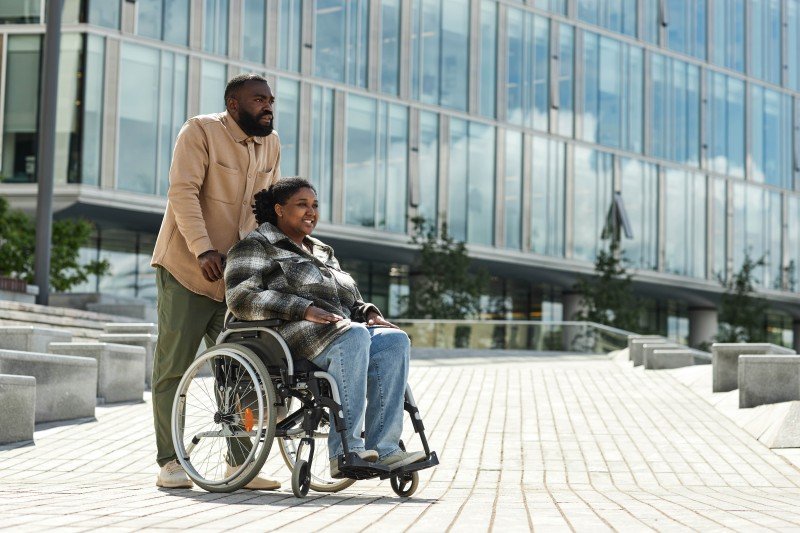Mobility Scooters: A Comprehensive Guide
Mobility scooters have actually ended up being a vital mode of transport for lots of people facing mobility challenges. This article explores the various elements of mobility scooters, including their types, advantages, features, and a guide for prospective purchasers.
Comprehending Mobility Scooters
Mobility scooters are electrically powered devices designed for individuals with restricted mobility. They provide a way of transport for people who may have difficulty strolling however still wish to retain their self-reliance. They can be found in various styles and features to deal with a large range of needs.

Types of Mobility Scooters
Mobility scooters can normally be classified into three main types:
| Type | Description | Best For |
|---|---|---|
| Compact Scooters | These are small and lightweight, perfect for indoors and short journeys. | Users with limited storage space or those who travel often. |
| Mid-size Scooters | A balance between mobility and stability, suitable for both indoor and outside use. | Those who need to cover a variety of terrains. |
| Sturdy Scooters | Big and robust, created for rugged outside usage and much heavier people. | Users requiring additional weight capacity or going off-road. |
Secret Features of Mobility Scooters
The option of mobility scooter frequently depends upon the functions that line up with specific needs. Here are a few of the crucial features to think about:
Weight Capacity: Mobility scooters come with various weight limits. It is essential to choose a scooter that can properly support the user's weight.
Range: The distance a scooter can take a trip on a single charge differs. Depending upon user requirements, one might select scooters with a series of approximately 40 miles.
Speed: Most mobility scooters can reach speeds between 4 to 8 mph. Consider what speed is comfortable and safe for the intended environment.
Turning Radius: A compact turning radius is necessary for indoor use, permitting simpler navigation in tight areas.
Battery Type: The type of batteries utilized can impact the scooter's performance. Lead-acid and lithium-ion batteries are the most typical.
Benefits of Using Mobility Scooters
The benefits of mobility scooters extend beyond just transportation. Some key advantages include:
Independence: Users can browse their environment without relying on caregivers, promoting independence and self-confidence.
Health Benefits: Using a scooter can encourage outside activity, leading to physical and psychological health improvements by reducing feelings of seclusion.
Convenience: Scooters can quickly be run in various environments, whether indoors, in shopping malls, or outdoors.
Important Considerations When Buying a Mobility Scooter
When buying a mobility scooter, several factors to consider can help ensure that you choose the ideal design:
Assess Individual Needs:
- Mobility level: Consider just how much assistance the person will require.
- Series of usage: Determine where the scooter will mainly be used (indoors, outdoors, on rough surfaces, etc).
Test Drive:
- Always test drive a number of designs to discover an appropriate fit. Pay attention to convenience, ease of steering, and the scooter's responsiveness.
Review Safety Features:
- Look for scooters with appropriate safety functions like lights, indicators, and anti-tip styles.
Examine Warranty and Service Options:
- A trusted service warranty and offered service alternatives are essential for long-term usage.
FAQs about Mobility Scooters
1. How quick do mobility scooters go?Mobility scooters typically have speeds ranging from 4 to 8 mph, with the majority of developed for safety rather than high-speed travel. 2. Exist weight constraints on mobility scooters?Yes, mobility
scooters come with specific weight limits, often ranging from
250 lbs to over 500 lbs, depending on the design. 3. Can mobility scooters be utilized indoors?Certain models, particularly compact scooters, are particularly developed for
indoor usage and are simpler to steer in tight areas. 4. How typically do the batteries require to be replaced?Battery life can vary based upon usage, however normally, with appropriate care, batteries might last between 1 to 3 years before requiring replacement
. 5. Are mobility scooters covered by insurance?Coverage can differ, but some insurance strategies, consisting of Medicare and Medicaid, may cover part of the expense. It's advised to talk to specific insurance coverage service providers. Mobility scooters function as a
valuable tool for many people, enabling them to maintain
their flexibility and self-reliance. By comprehending the different types and functions of mobility scooters, individuals can make educated choices customized to their particular needs.
Whether utilized for errands, interacting socially, or leisurely activities, mobility scooters can enhance the quality of life for those with mobility limitations. Investing in a mobility scooter is a choice that can substantially impact a person's every day life. Therefore, people need to thoroughly evaluate their choices and pick a design that best lines up with their lifestyle and mobility requirements
.


